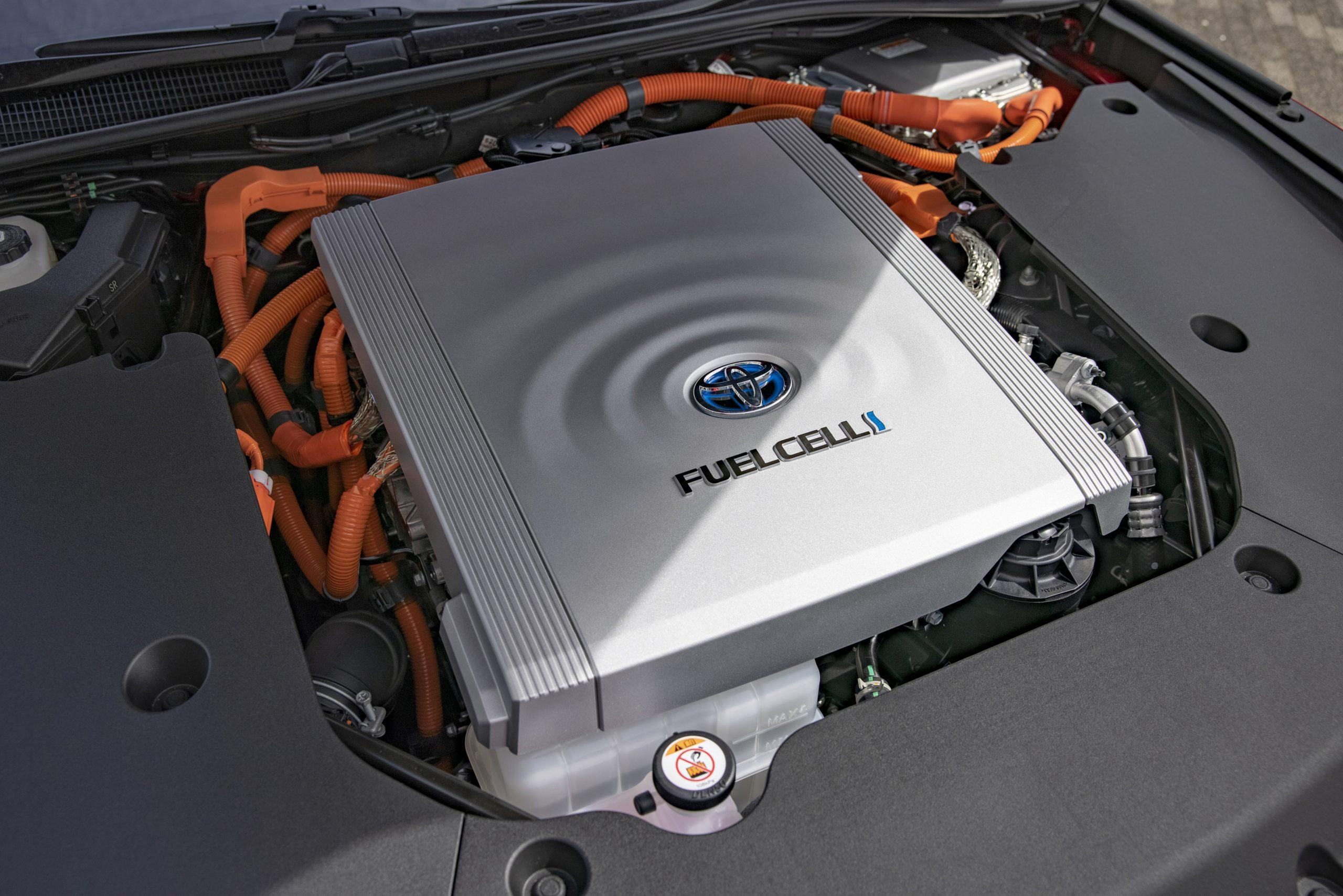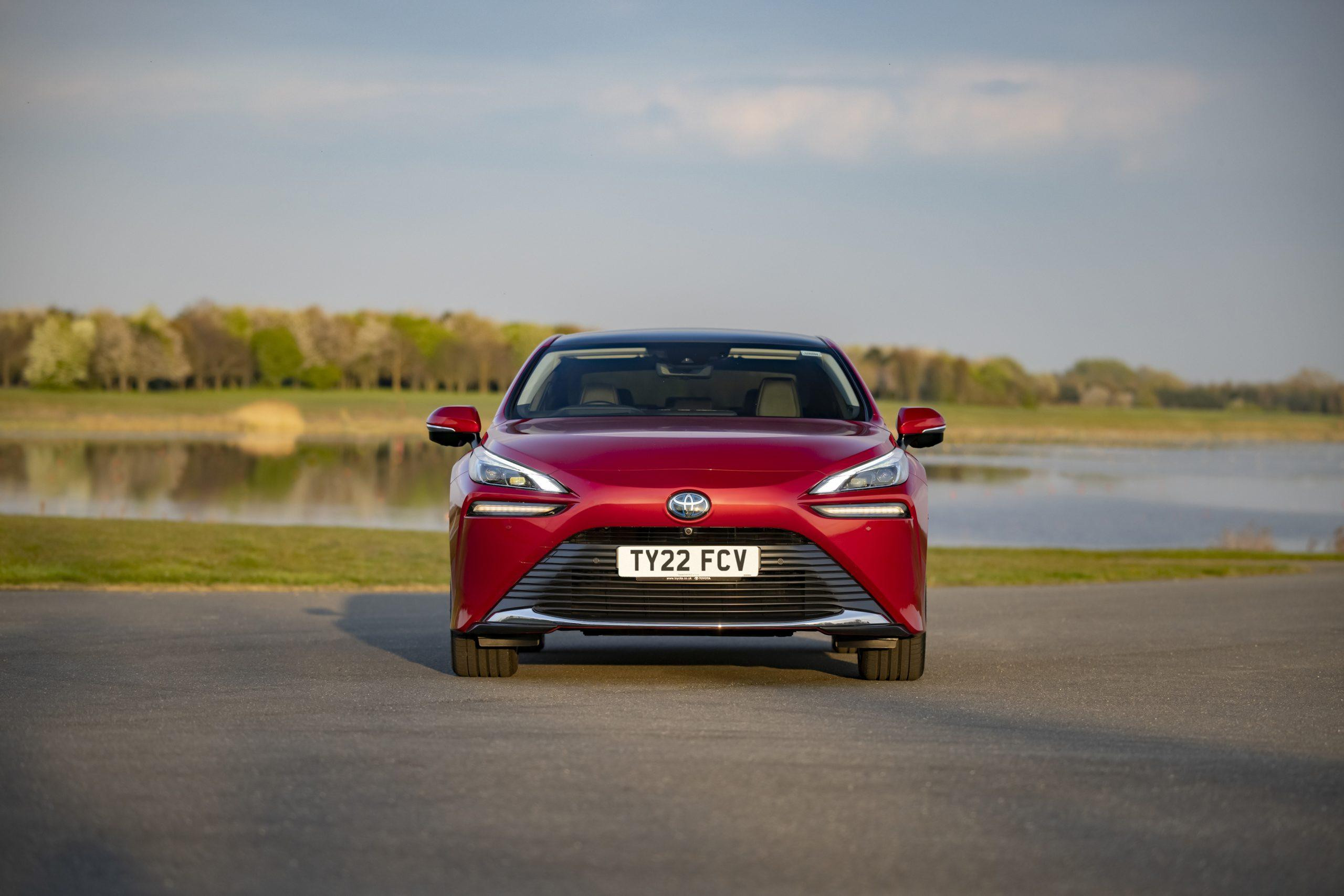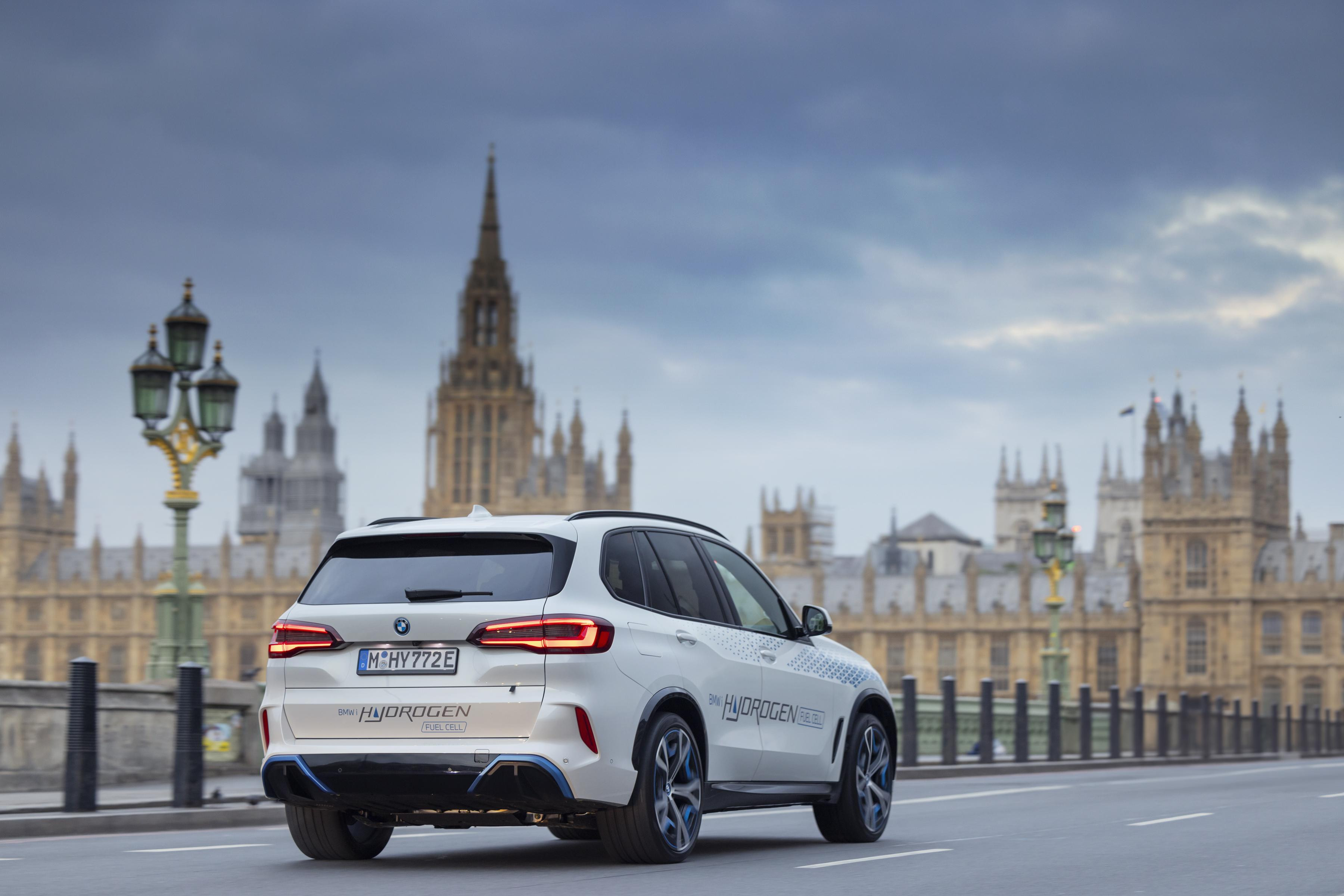How do hydrogen cars work and are they the future?

Are hydrogen cars the future?
You might’ve seen a bit about hydrogen cars in the headlines lately. Billed by many as one of the key alternatives to ‘conventional’ vehicles, they’re a rather rare breed on our roads at present.
And though there’s no ‘silver bullet’ to help clean up our air and reduce climate change, for many people hydrogen vehicles are seen as a core way for drivers to keep on the move while bringing down emissions. Let’s check out some of the key things to know about hydrogen.

How does a hydrogen car work?
A hydrogen system works by taking compressed hydrogen gas - which is stored in a fuel tank on board the car - and ‘feeding’ it through a special fuel cell. However, rather than burning it or compressing it, the fuel cell helps to split the hydrogen atoms.
This process then creates electricity which, in turn, is used to power the electric motors on board the car. It’s why hydrogen cars drive in a similar way to a conventional EV - the power is just being created by the hydrogen reaction, rather than being stored in a battery.

Can I buy one in the UK?
Currently, there’s just one hydrogen-powered new car on sale in the UK - Toyota’s Mirai. It’s a rather sleek-looking saloon car which is touted by Toyota as one of its standard bearers for future technology.
It does mean that at present if you’re after a hydrogen vehicle your choices are quite limited.

How many hydrogen filling stations are there?
At present, there are 15 hydrogen filling stations across the UK. Many of them are located in London or the area around the capital, with sites in Cobham and Gatwick to name just two.
There are some in other parts of the country, too, with two sites in Aberdeen alone. You’ll also find them in Swindon and Birmingham.

Are any manufacturers building new hydrogen cars?
Quite a few manufacturers are dipping their toes into the world of hydrogen as a way of broadening their powertrain offerings. BMW, for example, has created a limited run of hydrogen-powered X5 models that are currently being tested across Europe.
Toyota has also just revealed a hydrogen version of its Hilux pick-up, which is being built at the site’s UK plant in Burniston, Derbyshire.
Will the infrastructure get better?
Yes. While the current number of hydrogen filling stations is quite small, there are some big plans to improve this. A new plan to create a nationwide network of hydrogen fuel stations has been unveiled, helped no end by millions of pounds of government funding.
The first sites are expected to open in 2024 and will help fuel up both cars and hydrogen-powered HGVs - with the latter being seen by many in the industry as a key way to help reduce transport emissions.


















